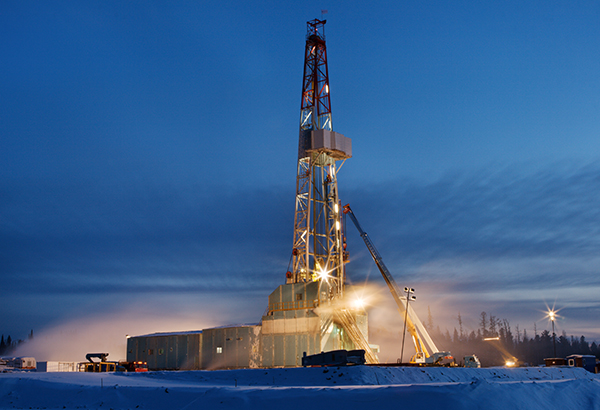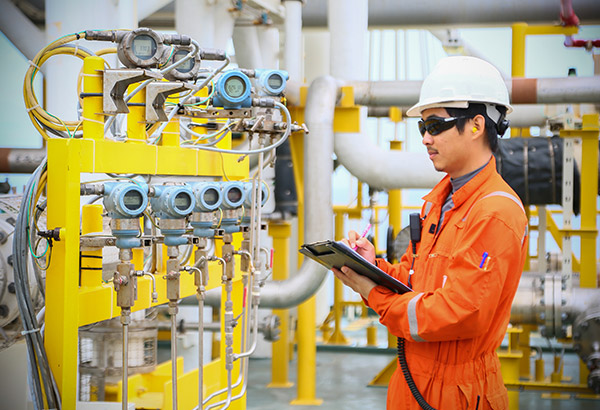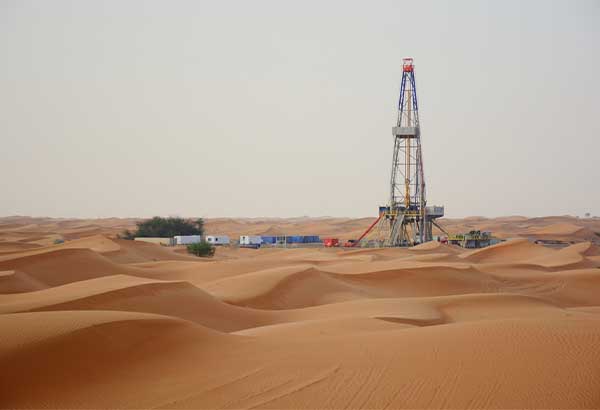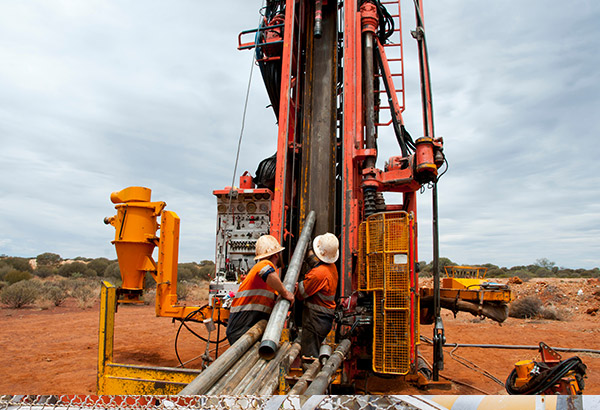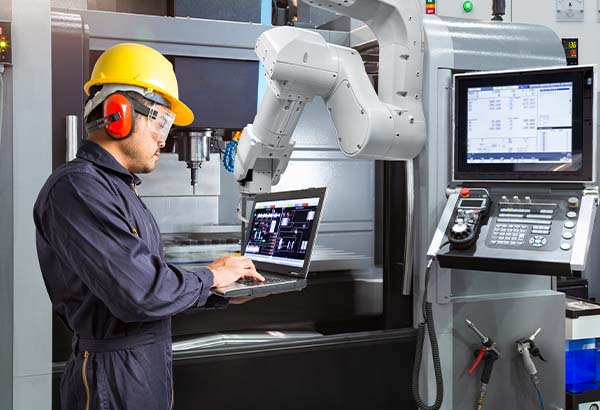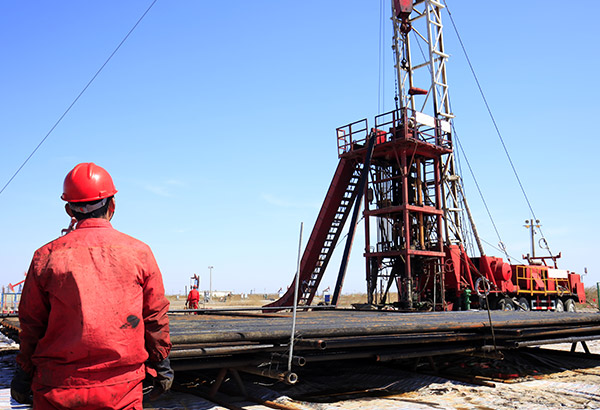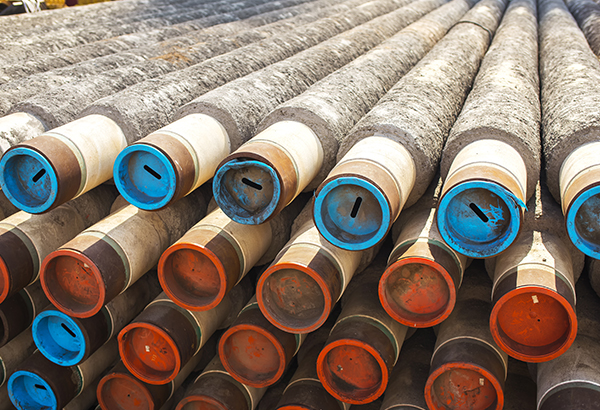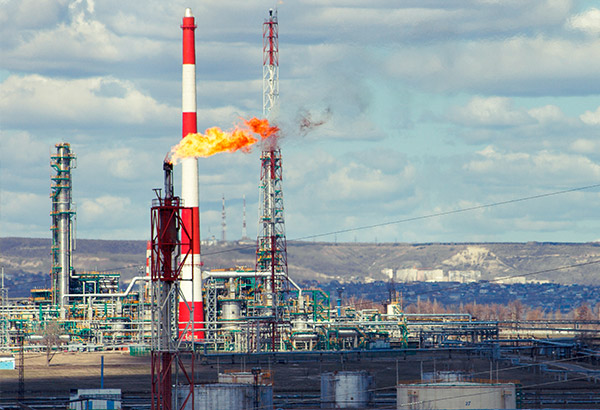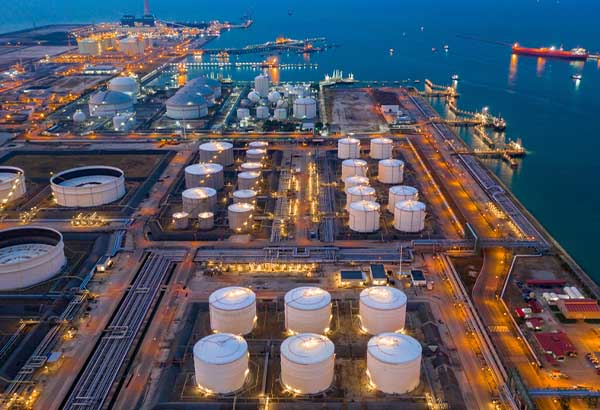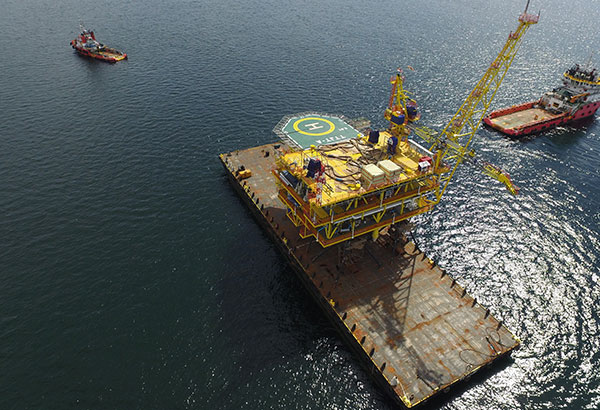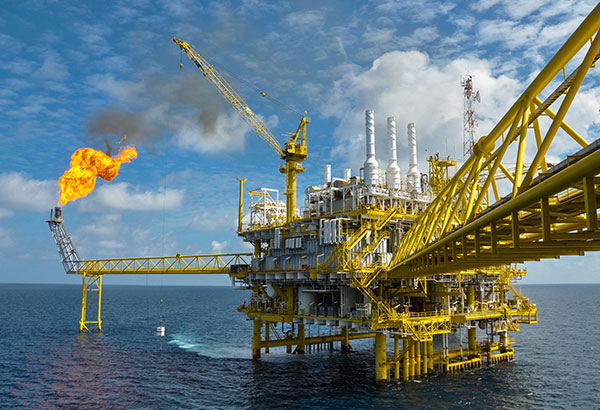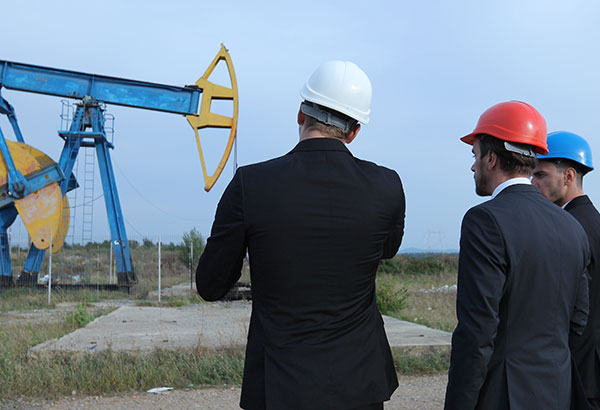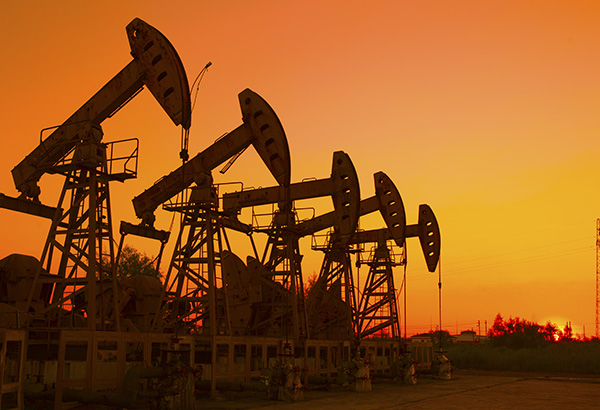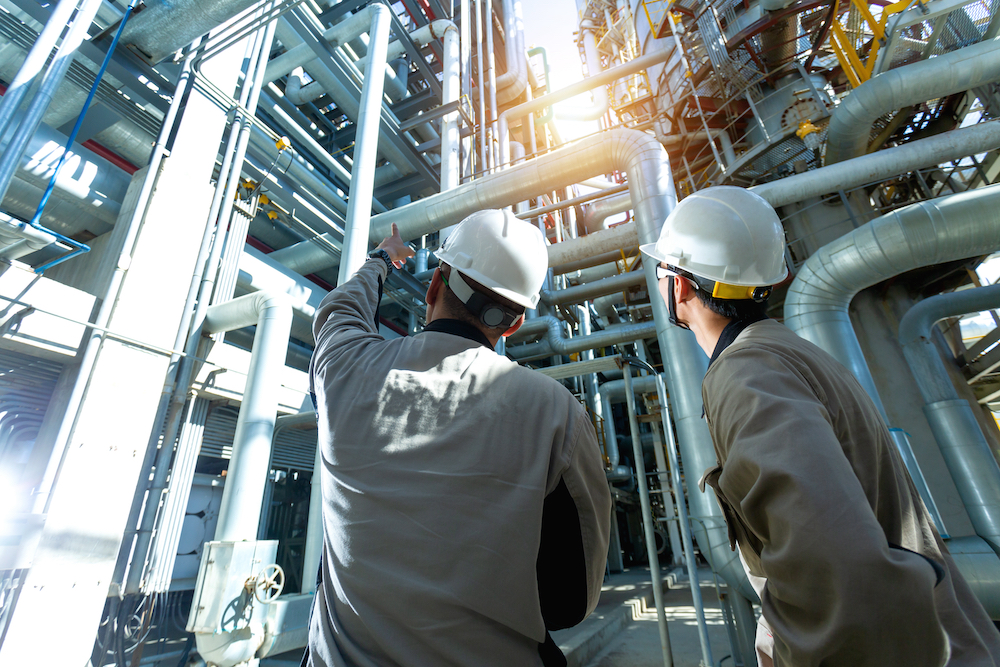
Production Engineering Training Courses
Master field operations by enhancing the skills needed to design, analyze, and manage efficient production systems
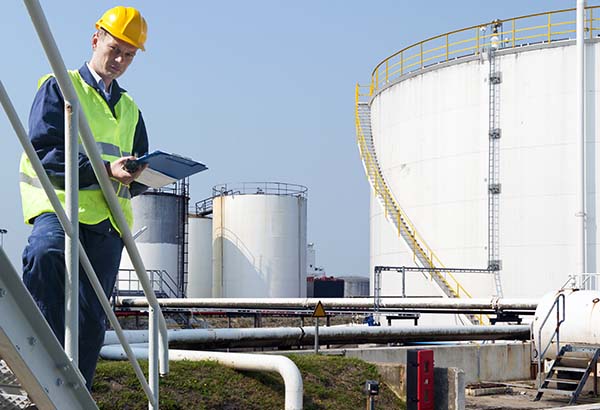
Oil and Gas Field Operations and Commingled Productions Allocations
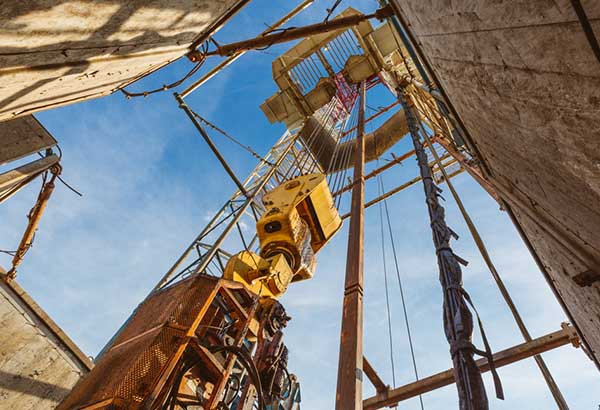





Oil and Gas Field Operations and Commingled Productions Allocations



Subsurface Production Operations & Artificial Lift Technologies
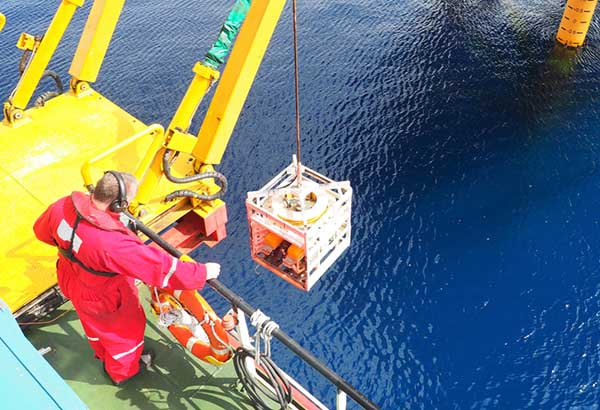

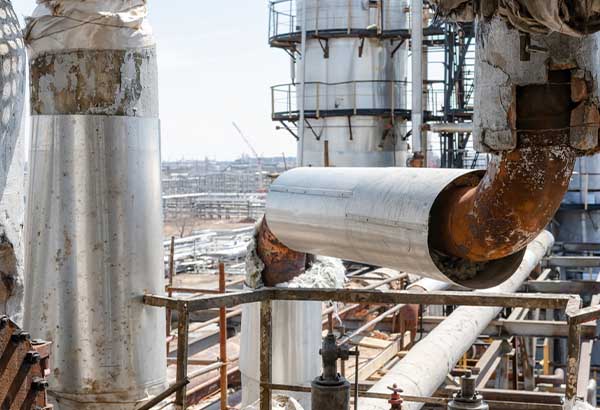


Microbiologically Influenced Corrosion in the Upstream Oil and Gas Industry



Microbiologically Influenced Corrosion in the Upstream Oil and Gas Industry
Production Engineering Training Courses
Production Engineering Training Courses are a critical resource for professionals dedicated to optimizing hydrocarbon extraction and enhancing field performance. These short Production Engineering Training Courses focus on equipping engineers, technical staff, and production managers with the knowledge and tools needed to design, analyze, and manage efficient production systems. Covering the lifecycle from reservoir to surface facilities, the best Production Engineering Training Courses help participants develop practical solutions to increase production rates, minimize downtime, and reduce operational risks. Production Engineering Training Courses are essential for professionals in the oil and gas industry who seek to improve well productivity and maintain long-term asset integrity in a dynamic oil and gas industry landscape. With a focus on problem-solving and real-world case applications, these training courses offer a valuable pathway for professional advancement and technical excellence.
As the petroleum industry continues to evolve with digital transformation, changing regulations, and enhanced recovery techniques, professionals must stay current with modern production practices. Short Production Engineering Training Courses provide a robust foundation in well performance analysis, artificial lift systems, and surface production operations, preparing attendees to tackle challenges both in mature fields and unconventional reservoirs. Whether you’re working in upstream field operations or production optimization, these courses strengthen your ability to interpret data, diagnose problems, and apply engineering principles effectively. The practical nature of each training experience makes them especially beneficial for professionals in the oil and gas industry seeking to bridge theoretical knowledge with field implementation.
Investing in your professional development through our Production Engineering Training Courses empowers you to contribute meaningfully to your organization’s success. At PetroKnowledge, we offer expertly designed courses that address the core challenges of production systems, enhance operational decision-making, and foster continuous improvement. Whether you’re a field engineer, reservoir analyst, or operations manager, our training courses deliver the skills and confidence needed to excel in the high-stakes world of oil and gas production. Stay ahead of industry demands—explore our best Production Engineering Training Courses today and unlock your full technical potential.
Production Engineering Training Courses are also available in the following cities:
- Production Engineering training courses in London
- Production Engineering training courses in Dubai
- Production Engineering training courses in Al Ain
- Production Engineering training courses in Abu Dhabi
- Production Engineering training courses in Accra
- Production Engineering training courses in Doha
- Production Engineering training courses in Houston TX
- Production Engineering training courses in Istanbul
- Production Engineering training courses in Kigali
